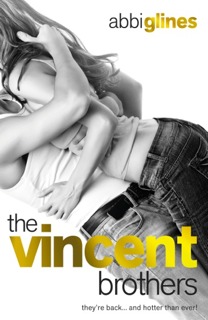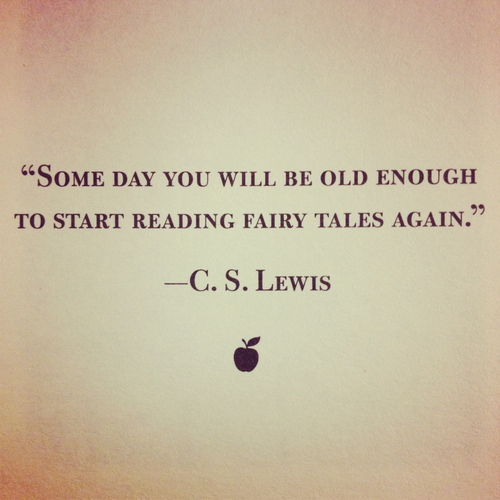
On Tuesday, LBF featured New Adult & Steamies: Reinventing Teen Fiction panel and on Wednesday booktrust presented New and Opening Markets: Young Adult, Teen, New Adult and Crossover. The titles would suggest that New Adult is purely a marketing term, a reinvention of an existing genre to give it more spice. Publishing expert Brenda Gardner from Piccadilly Press suggests that New Adult is a marketing ploy in terms of packaging, see the numerous front covers that look like watered down mimicry of the monochrome E.L. James covers, but the content itself is hitting a fresh nerve by simply fulfilling a demand from readers for more mature narratives. Simon & Schuster representative Ingrid Selberg said that self-publishers are enticing to publishers, with established fan base readerships and PR skills, developing buzz & connections that are good for ebooks sales.
The authors on the panel, Alabama born Abbi Glines from Hot Key Books and Liz Bankes from Piccadilly Press, are published examples of the trend. Abbi read an extract of her Western New Adult romance While It Lasts to a rapt audience and Liz read from her first novel Irresistible. Both have had huge support from online fan bases, Glines building a steady base of self-promotion on her twitter feed and websites, teasing her readers with extracts from The Vincent Boys and hints about future books in the series. Her self-published New Adult novel, Never Too Far sold 30,000 ebook copies in the US in the first three days, whilst Simon & Schuster sold 10,000 ebook copies in the first three days of publication in the UK.
New Adult is not, they insist, erotica. It is the middle ground between young adult and romance.
New Adult, according to Glines, is the second coming of age. Modern day Judy Blume Forever tales exploring the time of life after first school crushes and relationships, where young protagonists are actively engaging in sexual relationships and figuring out love on the cusp of adulthood. It is a world, according to her, where anything is possible and the future awaits. Tanya Byrne, author of Follow Me Down and Heart Shaped Bruise, laughingly admitted to not initially knowing what the genre referred to, assuming that New Adult would mean paying bills, doing laundry and figuring out flat shares for first year university students. The panellists agreed that they didn’t set out to write ‘New Adult’ books.
Glines noted that at her signings she has seen readers from anywhere between 16 and 60, suggesting that New Adult appeals not only to those readers who are heading into the adult world, but also those who enjoy reminiscing.
On Wednesday Byrne wondered if categories such as Middle Grade, Young Adult and New Adult were in fact the concern of parents and reactionary media, not readers. She cites self-publishing as a response against the gatekeepers of traditional publishing expectations contained as they are by the market age banding from booksellers and parents. She also expressed concern with the trend in books such as Twilight where sex is unequivocally linked with bad consequences for the protagonist. 'Get pregnant and die' or be shamed, or contract a disease, or simply feel guilt. It is common for scenes of violence to make their way into young adult books and even younger, yet sex remains a taboo. New Adult gives readers the opportunity to reclaim sex as a topic that is talked about responsibly and without blushes.
Liz Bankes explained that the content in these books aren’t a new phenomenon, and in fact the publishing industry is slow to catch up with a genre that is well established in television for teen audiences, with shows from the U.S. such as Dawson’s Creek, The O.C., 90210, and in England, Skins, Hollyoaks and Made in Chelsea. Liz and Tanya also noted the recent popularity of films such as Pitch Perfect and childhood franchises such as Toy Story and Monsters Inc that are making the move into college era. Besides the Twilight origin of Fifty Shades of Grey, none of Tuesday’s panellists admitted to knowing much about fanfiction, the term given to works of homage fiction written by fans of an existing Intellectual Property such as a book, TV show or movie. This is a huge proportion of content online, offering free content to internet savvy readers that span up the rating system. Publishers should be aware that writers are honing their skills within pre-existing fan networks and gatekeepers should be aware that teens are capable of seeing more 'shocking' content online than in their book shops. As the epub phenomenon proves, new adult content is out there; authors and traditional publishers repackaging it for the consumer allows the stories to become mainstream.
Questions from the audience raised concern with bricks and mortar sales points such as book shops and libraries, and ensuring that ‘steamy’ content doesn’t fall into young hands. But that, the panel replied, is the responsibility of the establishment. Finding a place for specialised content gives the books their own market corner. If parents are concerned about content then it is their prerogative to engage in what their child is reading, to actively take interest in the books and even read them themselves to get the low down on what content is being consumed. Publishers make the crucial decisions about packaging the books and giving just enough information away on the blurb to let consumers know what to expect and where to shelve it, covers enticing not explicit. The trend is here for now, making its presence felt mostly on ebook charts, so if booksellers and publishers want to ride the wave of the genre's popularity then they have to make the brave move into stocking and shelving the books.
Tanya Byrne insists that writers and publishers should not patronise or underestimate teens, asking if it is a bad thing if readers are shocked. As readers teens invariably know what they want through discovery via online recommendations and word of mouth. They are their own self-censors and are unlikely to buy or finish reading content that does not appeal to them. Most importantly, readers are aware that books are fiction, and being more honest about real life situations does not affect reader behaviour but might open minds to asking pertinent questions regarding safe sex. If the schools aren't providing education, then books such as these are methods of directing readers to websites and information that they aren't getting elsewhere.
With this in mind I would also encourage authors and publishers to think carefully about representation in their novels. The Young Adult market is slowly getting to grips with inclusivity, with titles such as David Levithan's Two Boys Kissing, I hope that New Adult can likewise carve a space for an array of relationships and characters represented.
The one thing the authors insisted is that their stories are plot led, character explorations and not smut without purpose. I wonder whether the marketing and connotations of ‘steamies’ allow uninformed readers to be aware of story heavy books. Is New Adult in danger of falling victim to its own PR if booksellers are reluctant to stock them? Or will booksellers fall behind?
Either way, with the buzz from London Book Fair it looks like New Adult is here to stay. Oh my!
Abbi Glines latest novel Twisted Perfection, Tanya Byrne's Follow Me Down and Liz Bankes' Irresistible are available now.


 RSS Feed
RSS Feed
